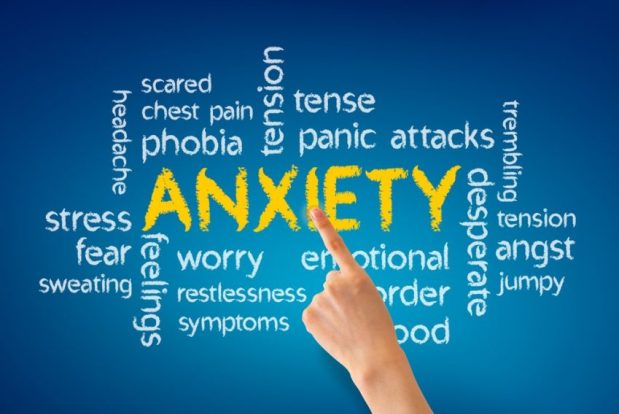Causes of Anxiety
Apr 19, 2022
A tension condition isn’t created or brought about by a solitary factor yet a mix of things. Various factors contribute to this like a job, including identity factors, troublesome beneficial encounters and physical well being.

Family ancestry of psychological wellness conditions.
A few people who experience uneasiness conditions may have a hereditary inclination towards nervousness and these conditions can now and again keep running in a family. Nonetheless, having a parent or close relative experience tension or other psychological well-being condition doesn’t mean you’ll consequently create nervousness.
Identity factors
Research proposes that individuals with certain identity characteristics are bound to have nervousness. For instance, youngsters who are sticklers, effectively bothered, meek, repressed, need confidence or need to control everything, now and again create uneasiness amid youth, youthfulness or as grown-ups.
Progressing upsetting occasions
Tension conditions may create as a result of at least one unpleasant life occasions. Regular triggers include:
• work stress or occupation change
• change in living game plans
• pregnancy and conceiving an offspring
• family and relationship issues
• major enthusiastic stunt following an unpleasant or horrendous mishap
• verbal, sexual, physical or psychological mistreatment or injury
• death or loss of a friend or family member.
Physical medical issues
Unending physical ailment can likewise add to tension conditions or effect on the treatment of either the nervousness or the physical sickness itself. Regular perpetual conditions related with uneasiness conditions include:
• diabetes
• asthma
• hypertension and coronary illness
Some physical conditions can impersonate uneasiness conditions, similar to an overactive thyroid. It very well may be helpful to see a specialist and be surveyed to decide if there might be a medicinal reason for your sentiments of uneasiness.
Other emotional wellness conditions
While a few people may encounter a tension condition individually, others may encounter numerous nervousness conditions, or other emotional well-being conditions. Discouragement and tension conditions regularly happen together. It’s imperative to check for and get help for every one of these conditions in the meantime.
Substance use
A few people who experience uneasiness may utilize liquor or different medications to enable them to deal with their condition. At times, this may prompt individuals building up a substance use issue alongside their tension condition. Liquor and substance use can exasperate nervousness conditions especially as the impacts of the substance wear off. It’s imperative to check for and get help for any substance use conditions in the meantime.









